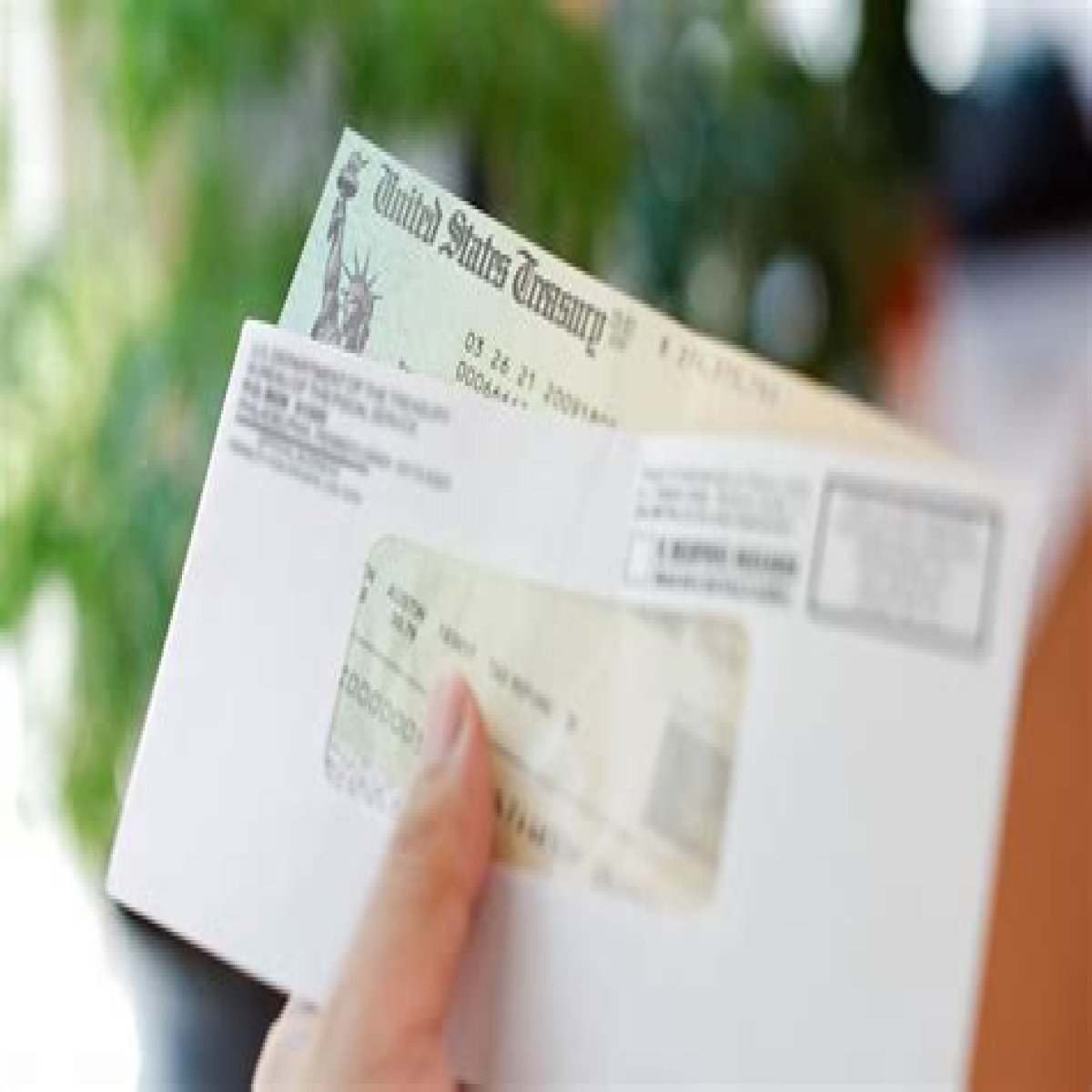Long Island volunteers can apply for up to $50k
Those who volunteer in emergency response units in Long Island, New York, could get up to $50,000 to buy a home.
Long Island Homes for Heroes is a program “firmly committed to supporting those who tirelessly serve our community, often without recognition or reward,” according to its website.
We strive to fill this crucial funding void, offering an innovative solution through generous donations from our community,” LI Homes for Heroes states.
“Our goal is to provide the required ‘matching’ funds that our volunteer first responders need to access LIHP’s financial assistance.”
LI Homes for Heroes stated: “Applicants may receive up to $26,000 in down payment assistance and $24,000 for repairs if eligible for Category I (at or below 80% of the Area Median Income) and up to $9,000 in down payment assistance and $14,000 for repairs if eligible for Category II (at or below 120% of the Area Median Income).”
Rhode Island’s cash incentive to go electric
A state program in Rhode Island is offering residents up to $2,500 for purchasing an electric vehicle.
Eligible drivers can get up to $2,500 for a new fully electric vehicle and $1,500 for a used one.
Those who purchase a plug-in hybrid can get $1,500 for a new vehicle, and $750 for a used car.
The program launched in July and has already given $1.25 million to residents.
Applications are still open online, but rebates will be made on a first-come, first-served basis, and are dependent on funding availability.
New York helping pay for lunches
The Pandemic Electronic Transfer, or the P-EBT, was created in New York to help families pay for school lunches.
Several installments have been issued since 2020 to help parents cover the cost of meals that would normally be provided for free at school.
There was $35 million allocated for the program, however, a significant portion remains unused.
The benefits will expire in December so families that didn’t receive their cards should check their status on the program’s website or call the hotline for help at 1-833-452-0096.
How to claim recovery rebate credit
If you receive a message saying your payment status isn’t available, you can claim the recovery rebate credit.
You’ll also need to file a 2020 tax return, even if you’re not required to do so, as a recovery rebate credit calculates the eligibility and the amount of your stimulus check based on information from your 2020’s tax return.
You’ll need to fill out the recovery rebate credit worksheet which will help check if you’re eligible for a payment.
More tips to dodge scammers
Here are some additional pointers to avoid being scammed:
- A logo DOES NOT imply that something is official. An IRS logo can be screenshotted and included in an email by anyone.
- Because the IRS is not currently sending out emails concerning stimulus money, any email you get is most likely a fraud.
- DO NOT click on any attachments or links until you’re sure it isn’t a scam. Doing the opposite can result in the download of malware that can steal information from your personal device.
- When in doubt, contact the IRS directly via email or phone call and ask them to confirm the email you received.
IRS cracks down on scammers
If you get an email about stimulus payments and suspect it is a hoax, the IRS requests that you forward it to with no alterations.
Then you should delete the email so that you do not deal with it again in the future.
The IRS has issued the following statement on the subject: “Any text messages, random incoming phone calls or emails inquiring about bank account information, requesting recipients to click a link or verify data should be considered suspicious and deleted without opening. This includes not just stimulus payments, but tax refunds and other common issues.”
